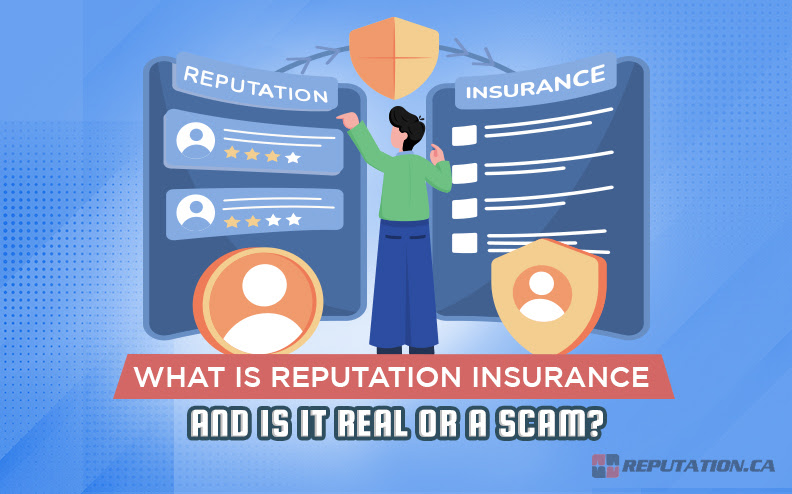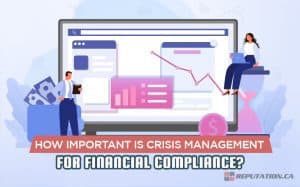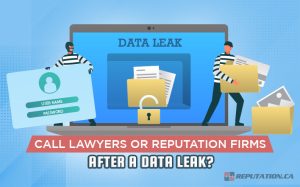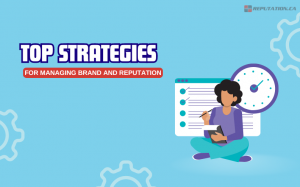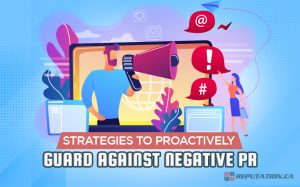Reputation insurance protects your balance sheet when public opinion turns against you. Many leading insurers now have this coverage because it’s obvious that damage to your reputation has measurable financial costs. Say you consider examples like Deepwater Horizon or Target’s 2013 data breach – the financial consequences went past immediate cleanup costs. These businesses dealt with legal claims, lost contracts, and years of customer skepticism that multiplied their losses.
Recent industry research shows that even mid-sized businesses lose an average of $500,000 in revenue from a single reputation incident – and this is before they start rebuilding customer trust. Maybe your new product launch gets pushed back, a promising executive candidate walks away, or your loan terms change because lenders view your company as unstable. Your revenue takes a hit, missed opportunities accumulate, and the momentum you’ve built over the years can disappear almost overnight.
Social media has eliminated the buffer between rumors and headlines. When a customer records a video complaint or an employee shares an internal email, your brand story can spin out of control within hours. Truth turns secondary while speed drives the narrative. Your team might still be drafting an official response while algorithms push negative content to thousands of would-be customers and investors.
Reputation insurance shows its value during these crisis moments. Your policy can fund emergency communication campaigns, give you access to expert advisors, and allow you time to create well-planned answers instead of panic-driven reactions. The coverage won’t get rid of the crisis completely. But it can stop that crisis from threatening your ability to make payroll next quarter.
Whether to get reputation insurance comes down to your situation. Calculate how long you could sustain interrupted sales, review weaknesses in your crisis response capabilities, and compare these factors against premium costs.
In today’s environment, where a single social media post can trigger investor panic, it can seem careless to treat reputation threats as an afterthought.
How Reputation Insurance Works
Businesses buy this coverage for the same reason you might lock your doors at night – accidents happen, and bad news travels much faster than your apologies can.
Your policy sits quietly in the background until something damages your public image; then, it helps to absorb the financial hit. Insurance underwriters look at your brand the way building inspectors check electrical wiring. They’ll go through your social media accounts, find old press mentions, and identify potential risks in your industry. This research helps them set your premium price. You’ll also get an unexpected benefit – an honest assessment of your public reputation that most executives wouldn’t usually ask for on their own.
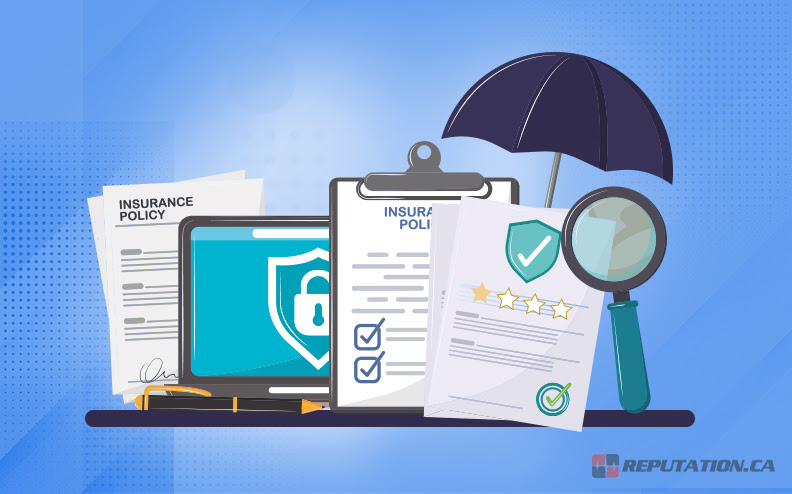
Your coverage won’t kick in for every small problem that comes up. These policies usually spell out what counts as a “covered event” – situations like data breaches, executive misconduct, or defective products. Very little outside these specific scenarios is covered. When incidents fall outside coverage parameters, you should take your time reading the fine print and mark the important sections.
Even when an incident happens that your policy covers, you won’t receive money immediately after filing a claim. You’ll need to show documentation, wait for adjusters, and get approvals – the whole process moves at normal insurance speed while your story is probably spreading very quickly online. What happens during those first few hours shows if the situation grows out of control or settles down. You need a ready response plan to protect your brand during this gap while your insurer calculates the financial damage.
The best insurance carriers include crisis-management experts along with your policy. Experienced communication experts help you write statements, reassure your investors, and stop negative keywords from taking over social media. Some insurance providers take this beyond that by creating partnerships with specific PR firms. These pre-established relationships can save valuable time during handoffs, and every minute counts when false information is spreading faster than the truth. Because these teams already know each other, they can bypass introductions and get right to work. This teamwork can help turn what could have been a night of worry into a manageable situation.
What Does Reputation Insurance Cover?
Reputation insurance works like a seatbelt most executives never think about until their company hits a crisis. Even businesses that look stable on paper can quickly fall apart when a data breach, product problem, or lawsuit takes over social media. When you’re in a crisis, you need money available for damage control and to pay for your emergency response team of lawyers, PR experts, and customer service representatives. This financial backup can determine if your company’s story disappears or grows into something worse. Reputation insurance exists specifically for this reason – it gives you the funding you need to rebuild trust with your customers before online attention moves to something else.
Your insurance coverage usually kicks in when your company’s data, products, or communications come back to haunt you. Say your customer information leaks – you’ll need to pay for identity protection services, apologize through different channels, and manage possible regulatory investigations. Maybe a basic printing error forces you to pull products from stores, turning every empty shelf into a visible reminder of your mistake. Insurers include these costs in your policy, so you don’t have to drain your marketing budget. Legal challenges and negative social media posts from unhappy customers can also trigger coverage if they gain enough traction. Sony experienced this firsthand in 2014 – as players wanted explanations, their reputation insurance funded updates, media communications, and customer compensation that helped maintain customer loyalty.

You should understand no insurance policy works like a magic eraser for all problems. Criminal behavior, intentional dishonesty, and punitive damages usually appear on the exclusion list – considerations that may look unimportant until legal authorities get involved. Every insurance provider customizes their exclusions differently, and you need to review the policy language now so you’ll know what could be covered in a future crisis. When you take time to compare different coverage options, monetary limits and waiting periods can seem tedious. But this preparation is far better than finding out you don’t have coverage while media representatives are waiting outside your building for a statement.
Business leaders frequently believe their standard liability insurance already gives this protection. The reality is that general policies hardly ever cover reputation damage with the coverage today’s social media world needs. Your company’s reputation now represents its own asset on your balance sheet, so changeable that insurance providers see it as a separate category altogether. The first step toward protection is recognizing this change in business challenges. Your next choice comes down to timing – paying for premiums now or facing much higher costs during a public relations crisis.
Factors That Affect Policy Cost
Ask five businesses for a quote on reputation insurance, and you’ll hear five completely different numbers. Insurers weigh dozens of variables when calculating your premium. They first look at your industry with a close examination. A hospital network or investment firm, forever under the public microscope, raises immediate concern – while a small marketing agency hardly ever triggers the same alarms. The premium differences are dramatic because a breached medical record or botched earnings call can quickly snowball into legal issues, regulatory fines, and headlines that damage your brand.
Your company size influences the next pricing factor. The bigger your footprint – how many people you have, your number of locations, and your day-to-day public interactions – the more attention a crisis receives, and insurers factor that amplification into their pricing. If your headcount or revenue continues to grow, you can expect the underwriter’s calculations to match that upward trend.
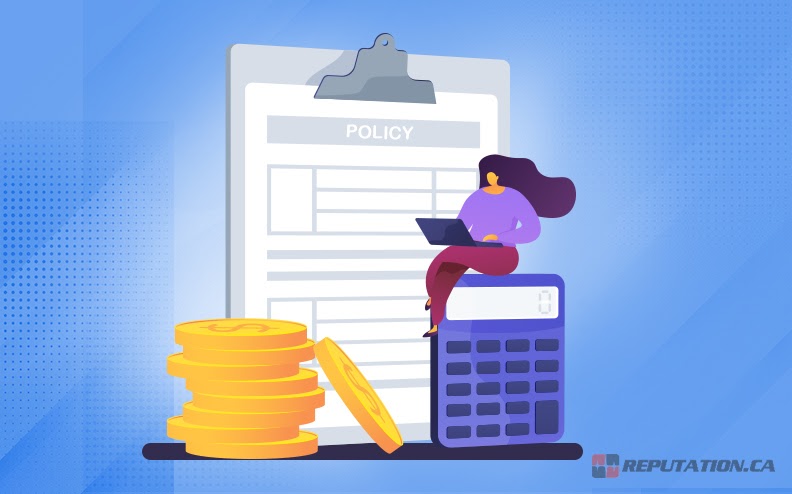
What you’ve done before drives their thinking as well. A single social-media controversy or data leak stays in underwriting databases long after you’ve completed your apology tour. To the insurance carrier, your previous mistakes indicate future problems, so they adjust your premium based on this history. Your financial health works in the opposite direction – clean audits, steady cash flow, and a solid compliance record lower how worried they’re about you and bring down your rate.
Coverage limits represent the final factor you can directly control. You’ll be tempted to request ten million in protection instead of one million after reading about a competitor’s public relations disaster. But that extra zero pushes your quote higher in direct proportion. You should choose an amount that realistically protects your revenue and reputation without paying for coverage you don’t need – your budget will thank you for this restraint when renewal time comes around.
When you receive the final figure, many business owners are taken aback at the cost. Looking at the premium compared to what a full-blown reputational crisis would cost makes more sense – lost sales, legal counsel, emergency PR, executive time, and damaged market value add up quickly. From this perspective, coverage usually looks like a valuable investment instead of an unnecessary expense.
When Companies Use Reputation Insurance
You might not think about reputation insurance until you suddenly need it. Say it’s Tuesday morning when a defective product reaches customers, a CEO’s comment gets leaked, or a single tweet goes viral. Within minutes – just enough time to finish your coffee – what seemed like a distant possibility turns into an all-hands emergency requiring immediate attention.
Product recalls create damage considerably more frequently than most executives acknowledge publicly. When you get confirmation of contamination from lab tests, the clock starts ticking. Each minute of delay looks like negligence to the public – just look at Chipotle, where news about E. coli kept showing up even after they reopened their restaurants. Executive misconduct situations happen in a similar way but accelerate even faster. A single recorded outburst can put your company’s reputation – built patiently over decades – into a position where you’re desperately negotiating for mere hours of public goodwill.
Social media can collapse your reputation in mere seconds. A customer complaint shared at sunrise might control the midday news, leaving you without enough time to develop well-prepared answers. Businesses that depend on making up statements as they go soon learn that the internet never forgets, and your insurance providers become suspicious whenever they watch contradictory explanations spread across online channels.
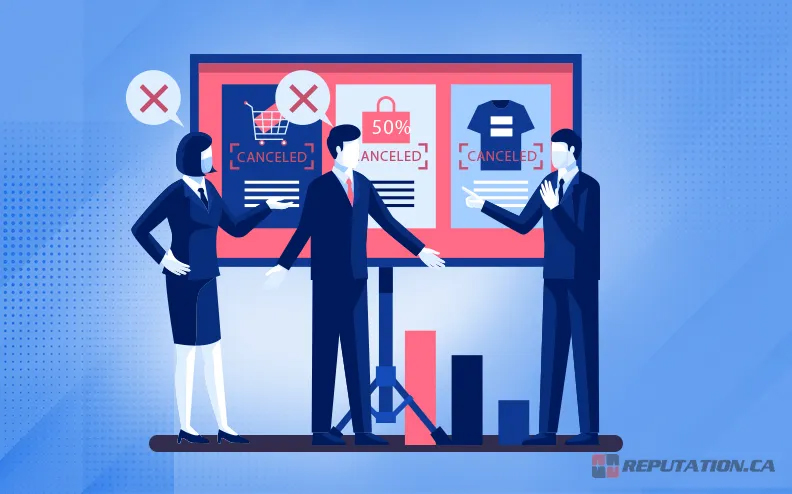
This leads us directly to how you manage the insurance claim. If you file too early, you might end up contradicting those statements later. Wait too long, and carriers will suspect you’re hiding information. The best timing exists within a window that changes quickly. Your insurance renewal team should work directly alongside your communications staff when creating press releases. When everyone shares the same facts and timeline, you protect your coverage and your credibility simultaneously.
When your phones start ringing nonstop, your communications director becomes the central coordinator of everything. Reporters start calling persistently. Investors send messages. Your employees continuously check Slack while looking to you for direction. If you haven’t prepared approved talking points in advance, even your most experienced spokesperson can make a mistake during a live interview, extending your crisis story through yet another news cycle.
Those first 48 hours determine if you’ll be explaining a temporary setback or apologizing for a major company meltdown. Your reputation insurance truly delivers when you demonstrate tight coordination, give honest updates, and provide evidence that you had plans in place before the crisis emerged. Everything else turns into background noise that persists long after your crisis has disappeared from the headlines.
Alternatives to Reputation Insurance
Reputation concerns can actually be handled without expensive insurance options, and some of the best protection methods cost you almost nothing except for time and commitment. You should check what resources you already have before thinking about specialty insurance and build them into a strong protection strategy.
Your first step should be to create a crisis plan that evolves with your business. You can draft statements in advance, determine who’ll speak to the press, and practice different emergency scenarios. This preparation helps you respond within minutes when something happens, allowing you to maintain control of the story. These practice sessions also make your team feel more prepared – people who have rehearsed tough situations tend not to panic when real challenges appear.
You should also monitor what people are saying about you online. Social media tracking tools can alert you immediately when public opinion changes, giving you the opportunity to say sorry, explain, or fix misunderstandings while only a few people are involved. Customers like quick replies – there’s a noticeable difference between businesses that respond during business hours and those that find out they’re trending for the wrong reasons the next morning.

When online comments become potentially libelous, having a lawyer on retainer makes everything less confusing. Pre-arranged legal fees mean warning letters can be sent out that same day, and you can contact your existing insurance carriers before costs grow too large. Lots of business leaders don’t know their existing policies might already include reputation protection clauses.
Businesses ready to put money into extra protection can set up self-insurance funds that channel premiums back into the business and customize coverage for the particular threats that worry them most. This approach forces financial and protection teams to communicate well, and the money saved in the first year usually covers the administrative costs.
Technology completes your protection system. Advanced AI programs now check news sources, financial data, and competitor activity and point out weaknesses that humans might miss during busy periods. When you combine this watchfulness with strong cybersecurity – the fastest way to stay out of negative headlines – you create a round-the-clock warning system. Just one data breach or damaging rumor can destroy years of customer trust, so layered protection helps maintain attention focused on your accomplishments instead.
Monitor and Manage Your Reputation
When you protect your company’s reputation, it’s as important as protecting its physical assets. That’s why many business leaders look for insurance policies that offer crisis management support, funds for damage control, and help with cleaning up online search results. These insurance options are out there and can help you – but they were never meant to take care of everything on their own.
Take time to identify the threats that matter to your company before purchasing any policy. A large retailer serving millions of shoppers faces completely different challenges than a regional manufacturer with a limited customer base. Consider your existing team capabilities, too – whether you have staff members who know how to handle media pressure or will need to bring in consultants. Your answers to these questions will show if what you’re paying for actually gives you protection or just leaves you with a feeling of security.
Insurance works best as your backup plan, not your main strategy. Your day-to-day reputation work happens within your organization – keeping track of what people say about you, connecting with your stakeholders, and fixing mistakes immediately. These practices lower the likelihood you’ll need to file claims and give insurers starting points if something negative happens to your business. Insurance providers are starting to see this and now include social media tracking tools alongside traditional coverage while giving better rates to businesses that show they can manage problems before they turn into crises.

The work you put into preparation delivers benefits you won’t see itemized on any bill. Your team will respond better, maintain customer confidence, and avoid attorney fees when they’ve practiced handling different scenarios. It’s best to decide in advance who’ll speak for your company, what communication channels they’ll use, and what messages they’ll deliver during situations. When you have this foundation in place, your insurance policy enhances your capabilities instead of just serving as a backup.
You can strengthen your company’s ability to manage reputation challenges while filling any protection gaps. We connect communications experts with tracking systems to help Canadian businesses control their narrative. If you need help with controversies or just want to improve how your company shows up in search results, contact Reputation.ca now to move from defensiveness to confidence.
